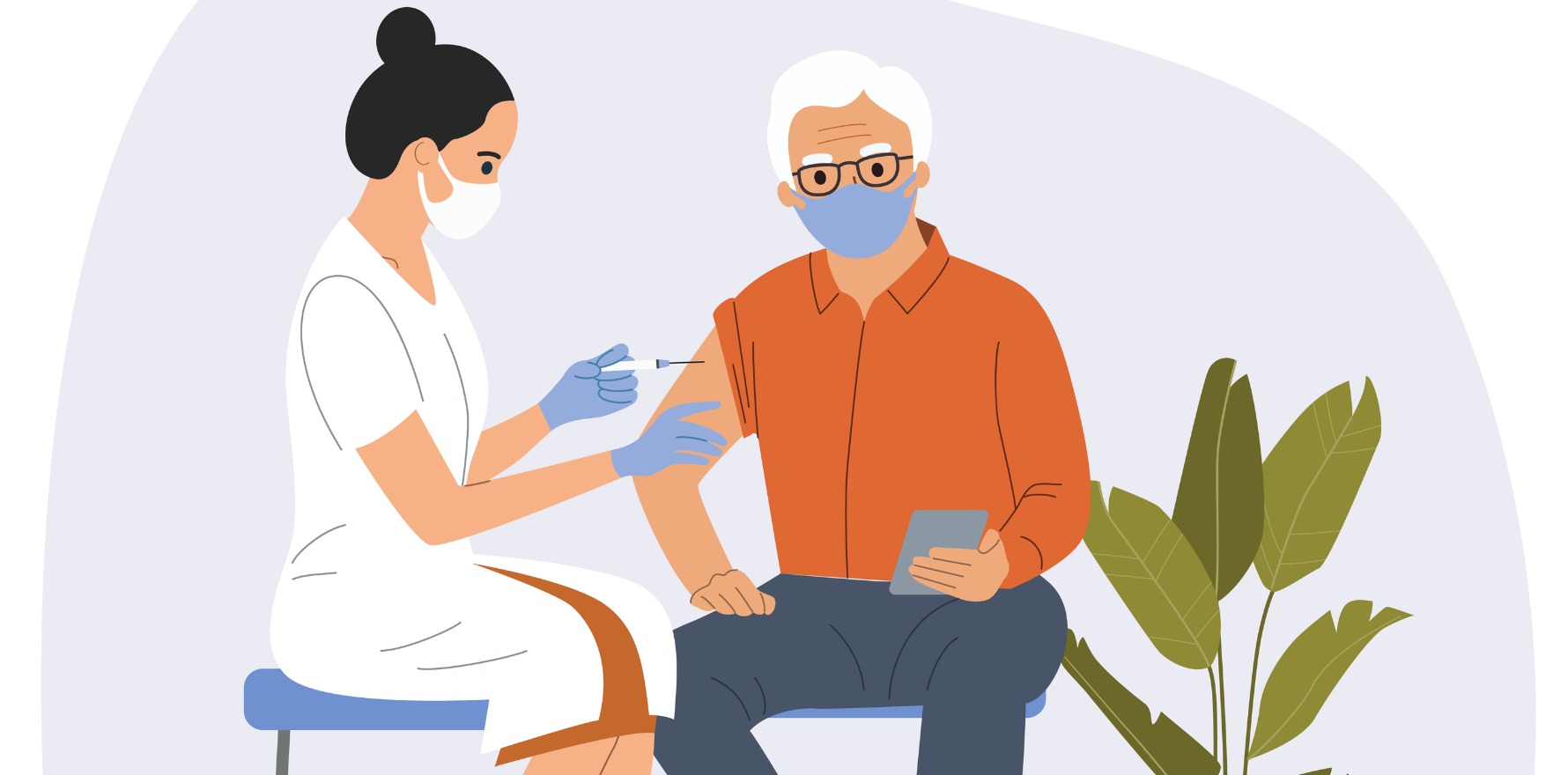While childhood vaccination has been highly successful, the NIP needs to be more equitable to meet the needs of older Australians.
Australia’s National Immunisation Program (NIP) Schedule should be redesigned and funded to focus more on Australia’s ageing population with its increased burden of chronic disease, according to a new report.
The authors of Risk to Resilience, commissioned by GSK and published last week, have called for the program to prioritise adult vaccination by creating a new adult immunisation schedule, boosting access to vaccines and defining new goals and review frameworks for immunisation rates.
Australia’s investment in immunisation via the program is lower than for any other nationally funded health program, according to Clarivate Life Sciences and Health Care, commissioned by GSK to write the report. Overall, Australia’s investment in prevention is also lower than that of other advanced economies.
The report proposes prioritising adult vaccination in delivery of the NIP by drawing on the success of childhood vaccination in Australia. This would include:
- developing a new adult immunisation schedule that would set out clear timelines and recommendations, maximising opportunities for alignment with age, health screenings and other “life events” and including prompts for health professionals and consumers;
- creating awareness and communications materials for the community and health professionals, including easy-English, translations and targeted materials for Aboriginal and Torres Strait Islander people;
- using existing health networks and key partners such as community health centres, councils, pharmacies, aged care facilities, and clinical specialty groups to improve access to vaccination; and
- defining immunisation rate goals, governance and review frameworks, using the Australian Immunisation Registry and established reporting frameworks.
CEO of Medicines Australia, Elizabeth de Somer, welcomed the report and said Australia needed to do more to prepare for the needs of the nation’s ageing population.
“The NIP has been an integral part of our impressively high childhood vaccination rate, and now that same focus must be applied to equitable vaccine access for all age groups,” Ms de Somer said.
“It can take an average of almost four years before an innovative and safe vaccine becomes available through the NIP. We know how important fast access to vaccines is, and work must be done to reduce that time lag.
“This year’s Health Technology Assessment Review should look at how systems can improve and speed up access to innovative vaccines, medicines, and treatments.”
The study’s authors mapped federal electorate divisions by age, income, education and comorbidities – factors that may make people more vulnerable to preventable disease and subsequent poorer health. These factors compound barriers to accessing healthcare and technology, such as affordability and health literacy.
The data obtained showed that regional and remote populations, people in Tasmania and South Australia, and those in lower socio-economic groups were most affected by barriers that prevented wider uptake of vaccination in adults.
Along with low investment in the NIP, these barriers include the high cost of vaccines, low rates of vaccine uptake among older Australians, and the current GP shortage.
Vaccine awareness is a further problem, according to the report. Even in the case of vaccines included on the NIP, not enough older Australians are accessing them. Vaccination rates for shingles were 30.6% for Australians aged 70 years of age, and 62.1% for influenza vaccination in adults aged between 65 and 69 in 2021.
According to Professor Robert Booy, Honorary Professor of Paediatrics and Child Health at the University of Sydney, if the reforms were implemented the outcome would be a world-first immunisation program that targeted the ageing population.
“We know what works,” Professor Booy said in a statement. “Let’s use the NIP to remove known barriers to vaccination for Australian adults. Let’s ensure all Australians have access to the latest innovations that will keep them living well for longer and benefitting the community, health system and economy.”
GSK’s medical director, Alan Paul, acknowledged the company would benefit if vaccine uptake increased, given GSK’s investment in preventative healthcare.
“There may be benefits for the products that we have [available],” he told TMR, “and whilst we have a heritage there, what the report shows is that if we can have a meaningful conversation and dialogue with various levels of government to improve that adult immunisation schedule, it will benefit all Australians quite substantially.”


